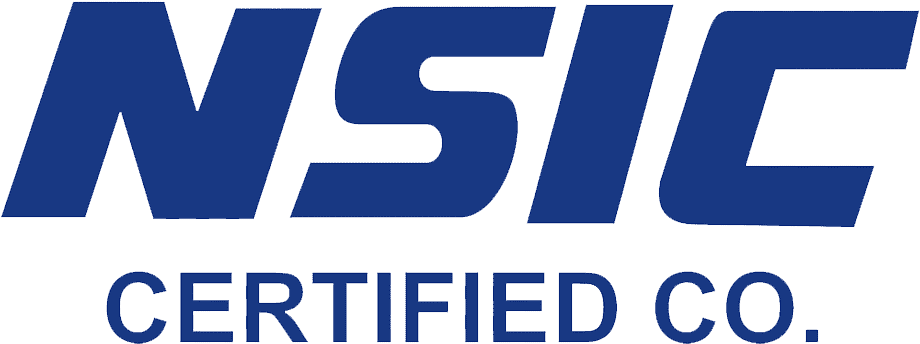Chemistry Practicals Class 11
Glassware and Apparatus Used in Chemistry Lab
- Teach science experiments in a gamified way
- Boost conceptual clarity and knowledge retention
- Aligned with National Education Policy 2020
- Helpful in getting NAAC accreditation
- CBSE, ICSE, and state boards aligned curricula
- Engaging simulations with easy-to-teach instructions
About Simulation
- In this simulation, you will explore various laboratory equipment and their applications, providing you with essential tools to conduct experiments effectively.
- The detailed animation within the simulation will help you understand the use of each apparatus and its specific role in qualitative and quantitative experiments.
- You will have the opportunity to familiarize yourself with common laboratory equipment used in chemistry experiments, including beakers, flasks, test tubes, graduated cylinders, Bunsen burners, and crucibles.
- Through the simulation, you can learn safety protocols and proper handling techniques for each piece of equipment to minimize accidents and ensure a safe working environment.

- By engaging in the simulation, you can learn the skills to measure and transfer liquids accurately using various devices, such as pipettes, burettes, and volumetric flasks.
- Additionally, you can identify units of measurement for laboratory equipment within the simulation.
Simulation Details




Description
In a chemistry laboratory, a wide array of glassware and apparatus is employed for various experimental purposes, ranging from simple measurements to complex reactions. Here is a theoretical overview of some commonly used glassware and apparatus:
1) Beakers: These are cylindrical vessels with a flat bottom and a spout for pouring. Beakers come in various sizes and are used for stirring, mixing, and heating liquids.
2) Flasks: Erlenmeyer flasks, round-bottom flasks, and volumetric flasks are common types. Erlenmeyer flasks are used for reactions or storage, while volumetric flasks are used for precise volume measurements. Round-bottom flasks are often used for heating and distillation due to their shape.
3) Test Tubes: These small cylindrical tubes are used for holding small amounts of substances for observation, mixing, or heating. They are available in different sizes and can be capped with stoppers or lids.
4) Pipettes: Pipettes are used for precise measurement and transfer of small volumes of liquids. They come in various types, including graduated pipettes for general measurements and volumetric pipettes for accurate volume transfer.
5) Burettes: Burettes are long, graduated glass tubes with a stopcock at the bottom. They are used for precise volume measurements in titrations and other analytical techniques.
6) Condensers: Condensers are glass tubes used to cool and condense vapours back into liquid form. They are commonly used in distillation setups to collect distillate.
7) Desiccators: Desiccators are airtight containers used to store moisture-sensitive substances. They often contain a desiccant, such as silica gel, to absorb moisture from the air.
8) Crucibles and Evaporating Dishes: These are heat-resistant containers used for heating substances to high temperatures. Crucibles are typically used for strong heating while evaporating dishes are used for gentle evaporation of solvents.
9) Funnel: Funnels are cone-shaped glassware used for transferring liquids from one container to another without spillage.
10) Mortar and Pestle: Used for grinding and mixing solids into powders or pastes.
Watch this video to learn more about chemistry.
Requirements for this Science Experiment
- Test tube
- Test tube stand
- Test tube holder
- Bunsen burner
- Tripod Stand
- Crucible with lid
- Clay pipe triangle
- Sand bath
- Hot plate
- Spirit lamp
- Desiccator
- Watch glass
- Weighing balance
- Spatula
- Weighing bottle
- Evaporating dish
- Mortar pestle
- Beakers
- Measuring cylinders
- Droppers
- Volumetric flask
- Water condenser
- Round bottom flask
- Glass rod
- Thermometer
- Conical flask
- Burette
- Pipette
- Funnel
Why Choose SimuLab for Science Practicals?


Try SimuLab
A 3D virtual science lab (physics lab, chemistry lab, and biology lab) that helps students learn science experiments easily.



